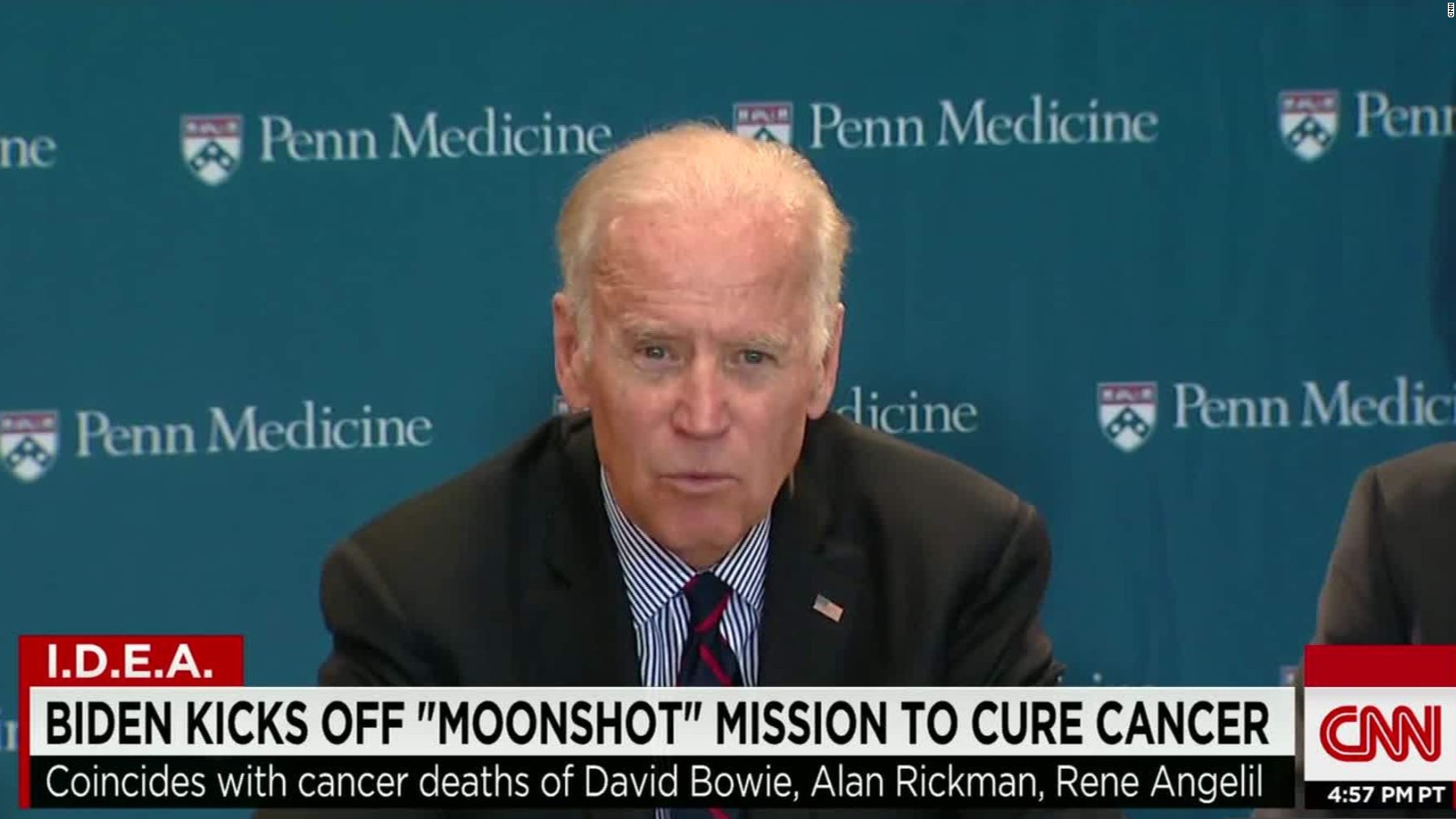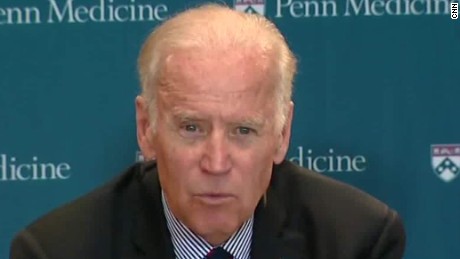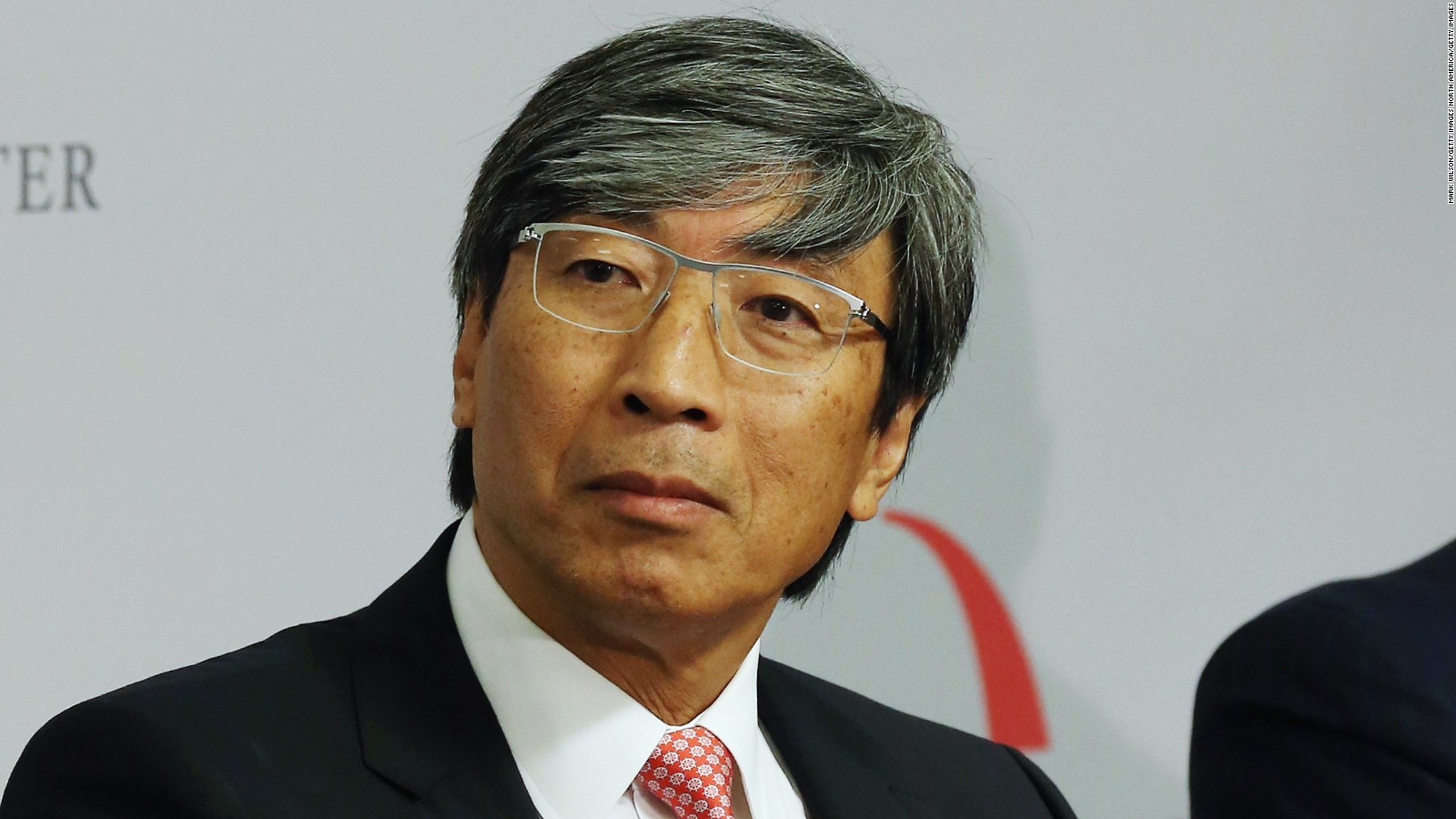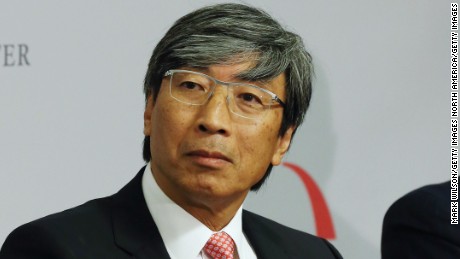Biden, who lost his 46-year-old
son, Beau, to cancer in 2015, outlined some of the plans for the Obama administration's
Cancer Moonshot initiative at a meeting at Howard University in Washington on Wednesday.
Researchers and public health leaders are meeting Wednesday at more than 270 sites in all 50 states, Puerto Rico, Guam and D.C. to discuss how they could make a decade worth of progress in understanding, preventing, diagnosing and treating cancer and caring for patients in the next five years.
To double the rate of progress, the vice president emphasized the need for a real "urgency of now," borrowing a phrase from the original title of the Rev. Martin Luther King Jr.'s
"I Have a Dream" speech (PDF), to fight this "godawful problem."
There are 14 million
new global cases of cancer a year, and if the current rate of research progress doesn't change, the rate will continue to rise precipitously, he said.
Biden has spent the past year traveling the country, visiting leading cancer centers and meeting with experts to better understand what the government can do to speed up the process.
As there are more than 200 distinct types of cancer, it is a disease that is incredibly complicated to treat and understand, let alone cure. And the government has been pledging to cure cancer
since the Nixon administration. Then, as now, it was the No. 2 killer of Americans.
"I firmly believe 50, 100, even 1,000 years from now, there will be people dying of cancer; however, I do believe that we can do better" to fight the disease,
Dr. Otis Brawley, chief medical officer of the American Cancer Society, said in January when Moonshot was announced.
To do better -- in addition to the government's
$1 billion budget initiative and the dozens of new collaborative initiatives between agencies, nonprofits and private companies -- Biden vowed Wednesday to remove the barriers to collaboration and quick, deliberate action.
"The impediment isn't the lack of the gray matter genius [of cancer researchers] and the ingenuity in terms of new drugs and new treatments, et cetera; it's all this stuff that gets in the way," Biden said. "The only thing I'm good at in government is getting things out of the way."
He gave several examples of how difficult it is to collaborate in the cancer field and how hard it is for patients to navigate the current medical system to get better and more affordable life-saving care. Dozens of Moonshot initiatives aim to fix both problems.
One initiative is intended to expedite researchers' access to cancer compounds. Currently, it can take a scientist up to 18 months to negotiate with each individual company to get access to material. Under the Moonshot, the National Cancer Institute will work with 20 to 30 biotech and pharmaceutical companies to speed access to these compounds through one pre-approved list. This could hasten clinical trials and give cancer patients more drug options.
Patients and local oncologists have found it difficult to navigate online databases to enroll in clinical trials, Biden said. The Moonshot has created a website,
trials.cancer.gov, to help people get access to cancer trials all over the country. "As advanced as we are," he added, "the idea that we can't come up with an app that accurately is able to be used that has all this data on it is surprising to me."
There will be a new strategic computing partnership between the Department of Energy and the National Cancer Institute and with the Department of Veterans Affairs to use some of the country's most advanced supercomputers to analyze data from preclinical cancer models to better understand how the disease works, to develop less toxic treatments and to figure out which treatment and prevention models work.
New cancer data will be available in the National Cancer Institute's Genomic Data Commons. The Food and Drug Administration is developing a program that will expedite the development of cancer drugs. And the Patent Office created a program that aims to halve the time it takes to review patent applications in select cancer therapy fields.
"I don't want this to come across as 'the federal government has the answer.' We don't have the answer," Biden said. He experienced those inefficiencies firsthand with his son, who was a part of a clinical trial. Although the government spent $20 billion to get doctors and hospitals to switch to electronic record-keeping, his family had to take information by hand from the trial to another set of doctors.
Though the industry did adopt electronic records through the 2009 Health Information Technology for Economic and Clinical Health Act, creating several kinds of data systems, "guess what: The five systems can't talk to each other," Biden said.
"We have to figure out how we can get out of your way, and you've got to figure out how you can get in each other's way more," he told the researchers.
To do that, there will need to be a radical transformation in the entire culture of medical research, he argued, because the current culture "changes scientists into grant writers, discouraging risk-taking," and "stifles" progress.
Instead of rewarding scientists for the number of publications they have, teamwork and results for patients should be emphasized, he said. Research results should be made available immediately, and scientists should share what they learn with each other. Biden noted that physics and aerospace scientists do so, sharing "complex information seamlessly and ubiquitously all the time, but somehow, I guess for 100 years of tradition, not in medicine," Biden said.
"It's not anybody's fault," Biden added. "We have got to fix it. We owe it to future generations to seize this moment, to move with deliberate purpose.
"We are on the cusp of an awful lot of change," he said. "It's within our wheelhouse to do these things."











